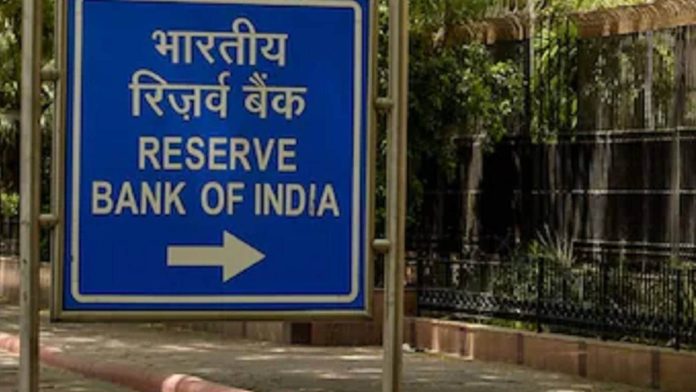[ad_1]
To prevent illegal digital lending activities and amid concerns over business conduct and customer protection, the RBI has introduced the rules on digital lending. Companies were given time till November 30 to complies with the norms, which were announced by the RBI in August. Here’s all you need to know about the norms:
What Are The Rules?
As per the norms on digital lending, the RBI has prohibited the automatic increase in credit limit without the explicit consent of borrowers. Digital lending entities and not the borrowers should pay fees or charges payable to lending service providers (LSPs) in the credit intermediation process.
All loan disbursals and repayments are required to be executed only between the bank accounts of borrower and the regulated entity without any passthrough/ pool account of the LSP or any third party.
A standardised key fact statement (KFS) must be provided to the borrower before executing the loan contract. All-inclusive cost of digital loans in the form of annual percentage rate (APR) is required to be disclosed to the borrowers and APR will also form part of KFS.
A cooling-off/ look-up period during which the borrowers can exit digital loans by paying the principal and the proportionate APR without any penalty shall be provided as part of the loan contract.
Regulated entities must also ensure that they and the LSPs engaged by them shall have a suitable nodal grievance redressal officer to deal with fintech/ digital lending-related complaints. Such grievance redressal officer shall also deal with complaints against their respective digital lending apps (DLAs).
As per extant RBI guidelines, if any complaint lodged by the borrower is not resolved by the RE within the stipulated period (currently 30 days), he/she can lodge a complaint under the Reserve Bank – Integrated Ombudsman Scheme.
Data collected by DLAs should be need based, should have clear audit trails and should be only done with prior explicit consent of the borrower.
What Experts Say
Anil Pinapala, CEO and founder of Vivifi Finance, said, “At the core of RBI’s focus with these guidelines is the customer (or borrower). The guidelines ensure transparency in disclosures so that the customers fully understand all the information/data that is being accessed by the lending entities putting them in control of their own data while ensuring the companies follow all the data privacy guidelines. The RBI has also standardised the cost disclosures with a uniform KFS that details an all-in APR (annual percentage rate), which factors in all the fees and interest that are being charged to the customers, empowering them with the ability to compare this rate across banks and NBFCs. In other words, it makes it easy for the customers to understand the true cost of credit across lenders and make an informed decision.”
Nageen Kommu, founder & CEO of Digitap, said the RBI’s guidelines on digital lending is a crucial development in the credit ecosystem, considering the rapid rise of profound credit tools and the country’s progressive financial inclusion imperative. The guidelines which aim to tackle concerns like unscrupulous lending practises and involvement of third parties, mis-selling and data privacy.
“We have witnessed fintech players, making requisite tweaks in their business models to stay compliant with the RBI’s guidelines. Some players have updated their terms of agreements as well as related processes. While the new guidelines have increased the cost of compliance for fintechs, the incumbents have demonstrated a positive adoption. The involved stakeholders understand the potential of fintechs in country’s last-mile, effective credit delivery as well as the need for maintaining a compliant operational environment to usher a healthy and sustainable growth of the sector,” Kommu said.
The norms on digital lending have been put in place strict norms to curb rising malpractices in the digital lending space. In January 2021, the RBI had set up a working group to study issues around digital lending apps and suggest regulations. In November 2021, the working group proposed stricter norms for digital lenders, including subjecting digital lending apps to a verification process by a nodal agency to be set up in consultation with stakeholders.
Read all the Latest Business News here
[ad_2]
Source link

